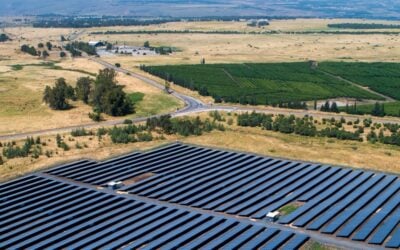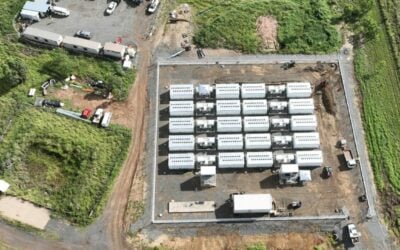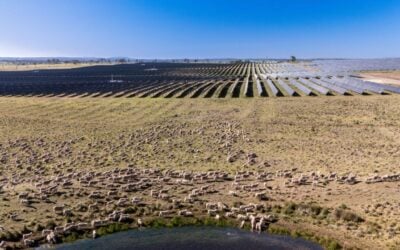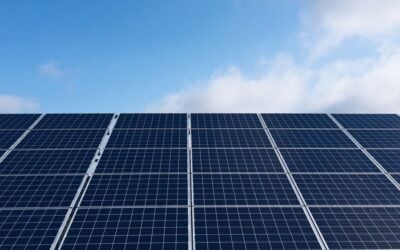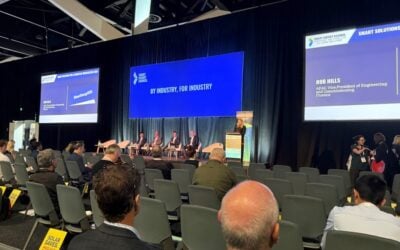A research project aimed at validating technologies for the “industrial scale” storage and dispatch of solar generated electricity in Switzerland has received CHF2 million (US$2.17 million) in funding from a local government agency.
Swiss battery maker Leclanché announced last week that a project hosted at the distributed electrical systems laboratory at the Ecole Polytechnique Federale de Lausanne (EPFL), will receive the funds from the Canton of Vaud, the local government authority.
Enjoy 12 months of exclusive analysis
- Regular insight and analysis of the industry’s biggest developments
- In-depth interviews with the industry’s leading figures
- Annual digital subscription to the PV Tech Power journal
- Discounts on Solar Media’s portfolio of events, in-person and virtual
Or continue reading this article for free
Leclanché, EPFL, Swiss electricity distribution company Romande Energie and the Canton of Vaud are working together on the project, which will see Leclanché supply a titanate lithium-ion based battery system to connect to a solar park owned by Romande Energie. Similar to other trials hosted elsewhere in the world, the project’s leaders will seek to “study innovative solutions of industrial type for storing solar energy and to subsequently be able to distribute it in an optimal way at times of peak consumption during the day”, according to Leclanché.
Production line for lihtium-ion batteries at Leclanché. Image:Leclanché.
Leclanché claims its titanate lithium-ion battery can handle around 15,000 charge and discharge cycles, which it says is around five times more cycles than some other lithium-ion batteries. Leclanché says the device is kept safe by use of a ceramic separator. Housed in a protective shipping container-style crate, the battery system can store 500kWh of electricity. The research project is pencilled in to last just under two years, 23 months.
The project is part of a larger programme called "100 millions pour les énergies renouvelables et l'efficacité énergétique” (“100 million for renewable energy and energy efficiency”), which has the dual aim of trying to help the local area transition to a larger share of renewable energy generation and to provide financial support to the local area. This includes offering incentives for solar deployment and subsidising building renovations around energy efficiency criteria, in addition to research projects of the type Leclanché is supplying.

